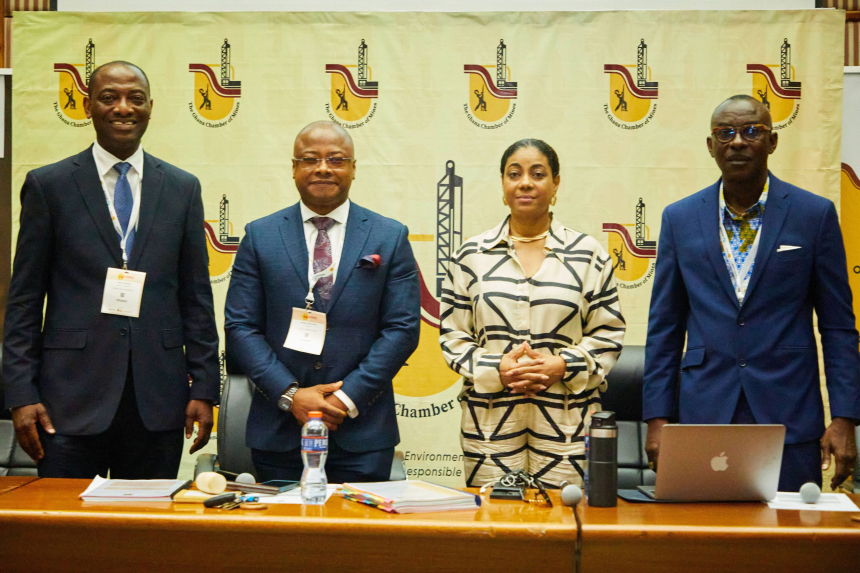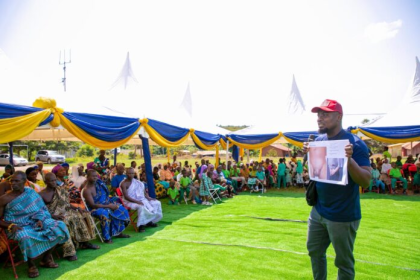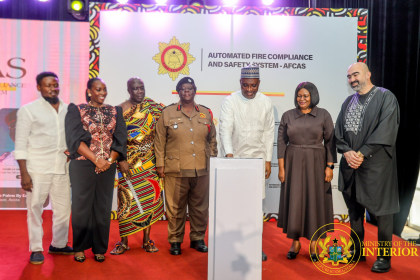The Ghana Chamber of Mines has convened a stakeholder meeting aimed at developing a standardised framework to guide land acquisition, utilisation, and compensation within the mining sector.
The meeting brought together regulators, mining companies, and community representatives to deliberate on challenges associated with land negotiations and compensation, which have often delayed mining operations and strained relations between companies and host communities.
Mr Ahmed Dasana Nantogmah, the Chief Operating Officer of the Chamber, said the initiative was necessary due to the evolving nature of land ownership and the increasing complexity of negotiations.
He explained that while land acquisition was
previously managed by the state, the current landscape involved private ownership and heightened awareness among landowners, necessitating a more structured and transparent approach.
“Mining takes a lot of land, and that land belongs to people. We want to create a framework that simplifies land acquisition so that investors, communities, and regulators all understand what is expected,” Mr Nangtomah said.
He noted that speculative practices and inconsistent compensation rates had led to mistrust and legal disputes, adding that a standardised system would ensure fair negotiations and mutual benefits.
Mr Nangtomah said, “If communities know the going rates and how compensation is calculated, they enter negotiations with open hearts,” he explained. “Otherwise, it becomes a tug-of-war, with each side feeling exploited.”
The proposed framework will not only guide compensation rates for crops like maize and cocoa but also standardize housing resettlement packages.
It would include guidelines for crop compensation and housing resettlement, with emphasis on defining what constitutes a standard resettlement unit.
“We are not promising mansions, but we want to ensure that no resettlement house falls below a nationally accepted standard,” he said, citing basic amenities such as in-situ bathrooms and ceiling fans as examples.
He said the Chamber was engaging relevant government agencies, including the Town and Country Planning Department, to ensure alignment with national development policies.
Mr Nangtomah stated that although the framework was still under development, it would serve as a guide for negotiation committees and could potentially inform future legislation.
He added that the Chamber was committed to engaging affected communities and ensuring that future projects benefit from lessons learned in past compensation efforts.
“This is about creating a fair, transparent, and sustainable system for everyone,” he said.
The Chamber is also exploring zoning mechanisms to ensure that compensation rates reflect the agricultural and economic value of different areas, thereby promoting equity and consistency in negotiations.






